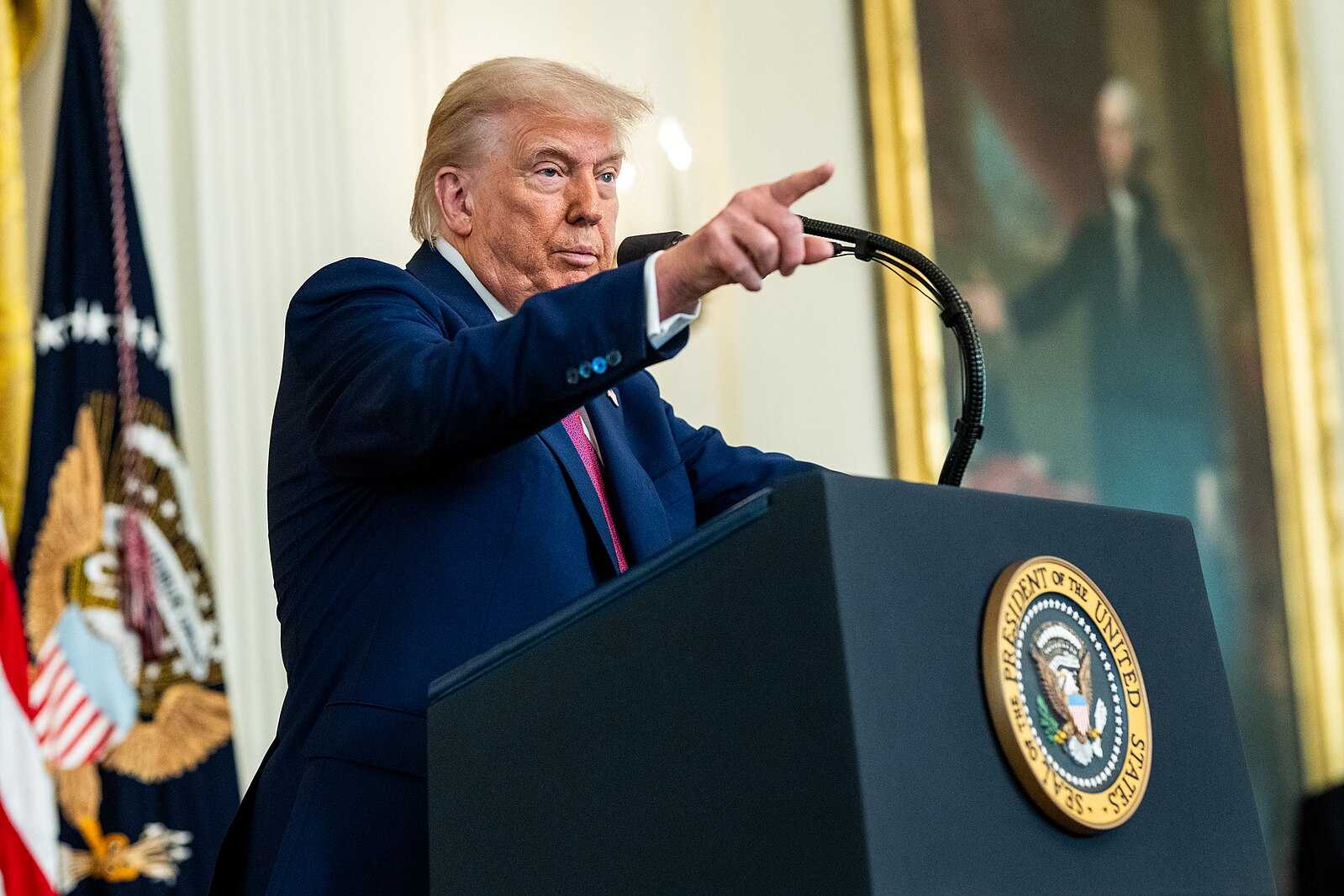Politics
Trump Reacts to New Push for $15 Federal Minimum Wage
By Jake Beardslee · June 19, 2025

President Donald Trump on Wednesday expressed uncertainty about whether he would support a Republican-led proposal to raise the federal minimum wage, responding with hesitation when asked about the legislation during remarks at the White House.
The measure, introduced last week by Senator Josh Hawley of Missouri and co-sponsored by Senator Peter Welch of Vermont, would double the current federal minimum wage to $15 an hour starting in January 2026. The bill, titled the Higher Wages for American Workers Act of 2025, also includes a provision for future increases to be tied to inflation.
When asked for his thoughts on the proposal, Trump said, “I haven’t seen it. I’d have to speak to Josh. He’s a very good friend of mine.” He added, “That’s interesting that Josh did that. You have to think about that one.”
The proposal marks a rare bipartisan effort on an issue that has long divided lawmakers. Hawley described the move as a “populist position” and told NBC News, “If we’re going to be a working people’s party, we have to do something for working people.” He has supported similar efforts in the past, including a 2021 proposal requiring large corporations to pay employees at least $15 an hour.
Although Trump expressed some openness to the idea in a December interview on NBC’s Meet the Press, calling $7.25 “a very low number,” he also warned of negative consequences. “In California, they raised it up to a very high number, and your restaurants are going out of business all over the place,” Trump told Kristen Welker. “The population is shrinking, it’s had a very negative impact. But there is a level at which you could do it, absolutely.”
The federal minimum wage was last raised in 2009. While thirty states have since adopted higher minimums, advocates argue that raising the national baseline would help lower earners and address income inequality. Critics warn that a sharp increase could hurt small businesses and result in job losses.
Ben Zipperer, senior economist at the Economic Policy Institute, which supports raising the wage, said, told Newsweek, that a Republican’s backing “is admission that minimum wages are a very popular policy to correct the widespread problem of low pay.” He added that either this proposal or a Democratic bill seeking to raise the wage to $17 by 2030 would “unambiguously benefit low wage workers and their families and communities.”
Trump, when asked again on Wednesday, responded, “Some people agree with it. Some people don’t. You know, some people say it really turns away business, restaurants, clothes and a lot of things happen. Other people agree. I’d have to speak to Josh—he’s a good guy.”
The bill has been referred to the Senate Committee on Health, Education, Labor, and Pensions for further review.